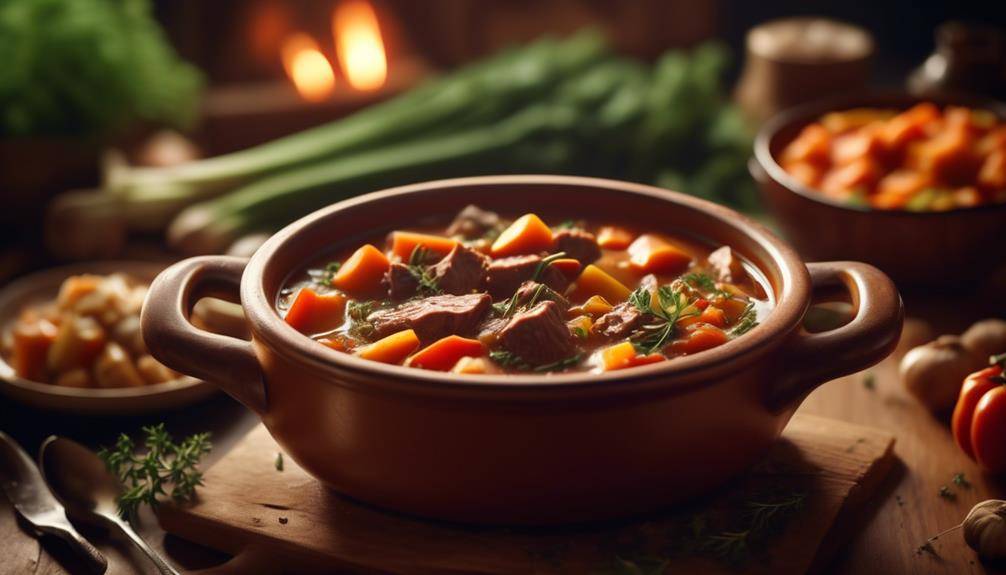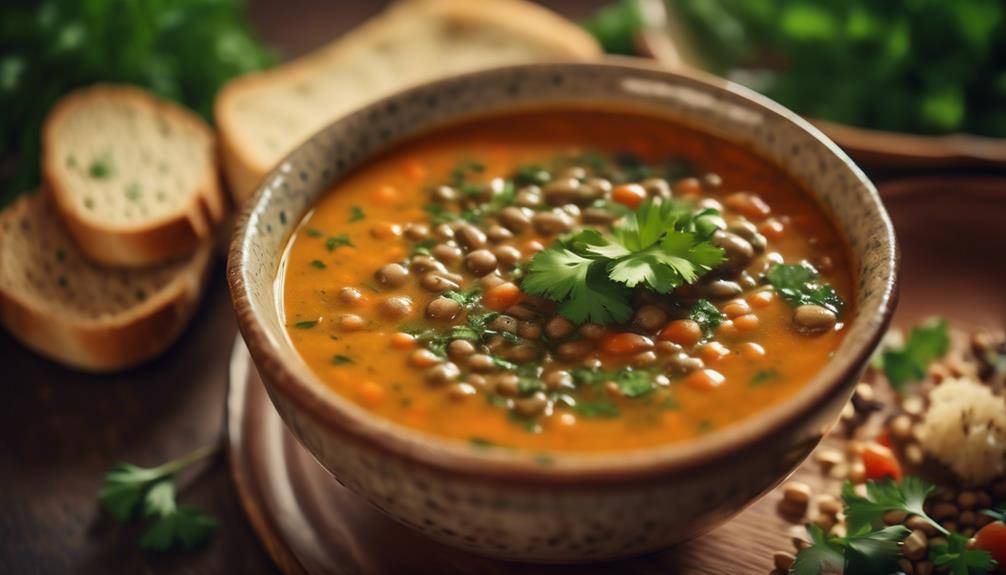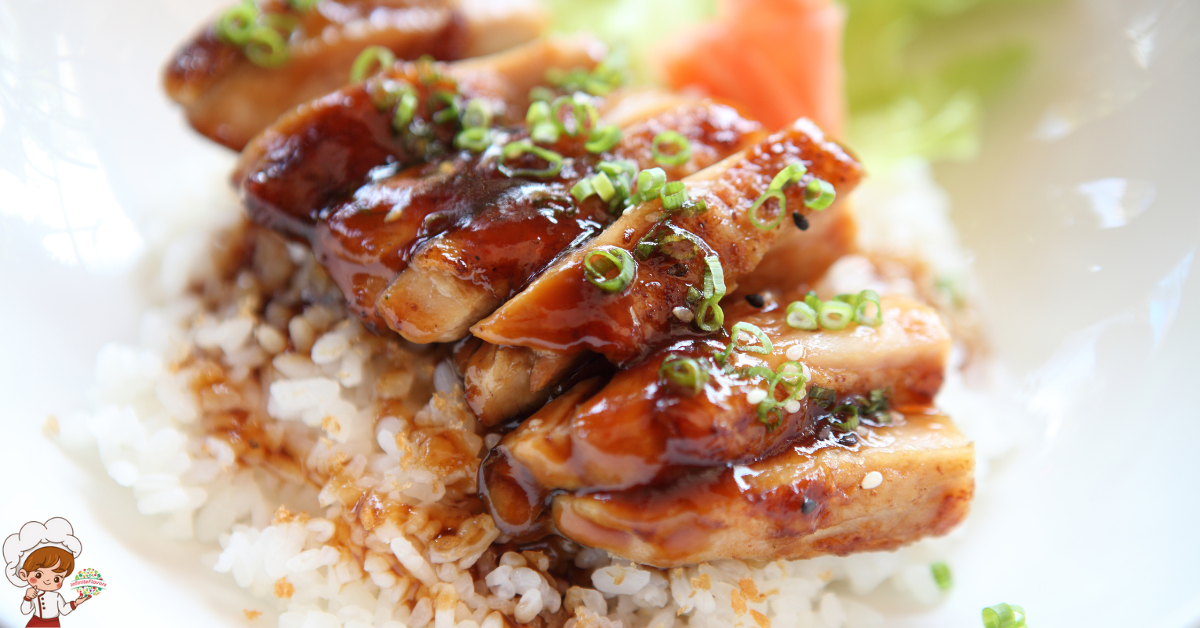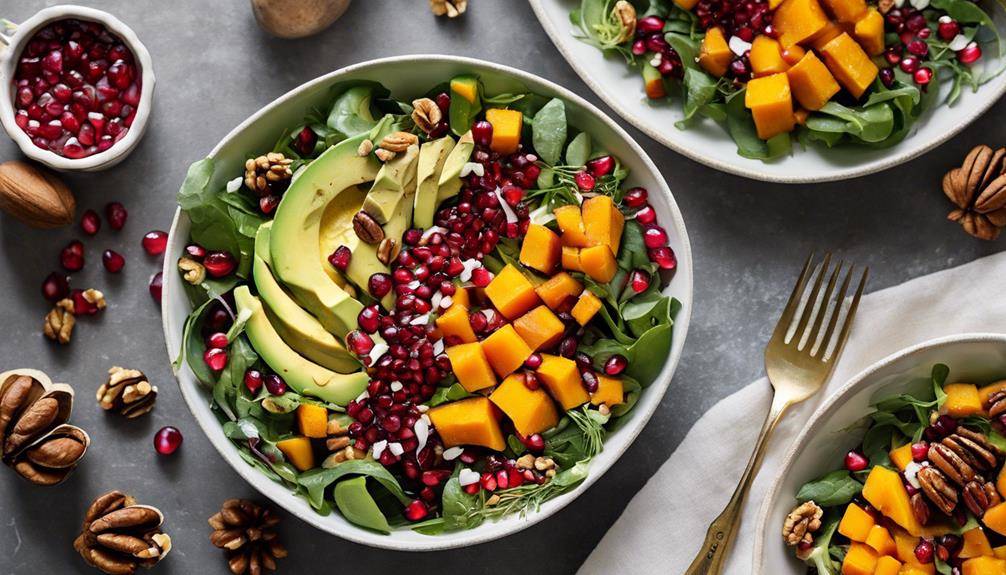Importance Of Protein Sources in a Vegan Diet
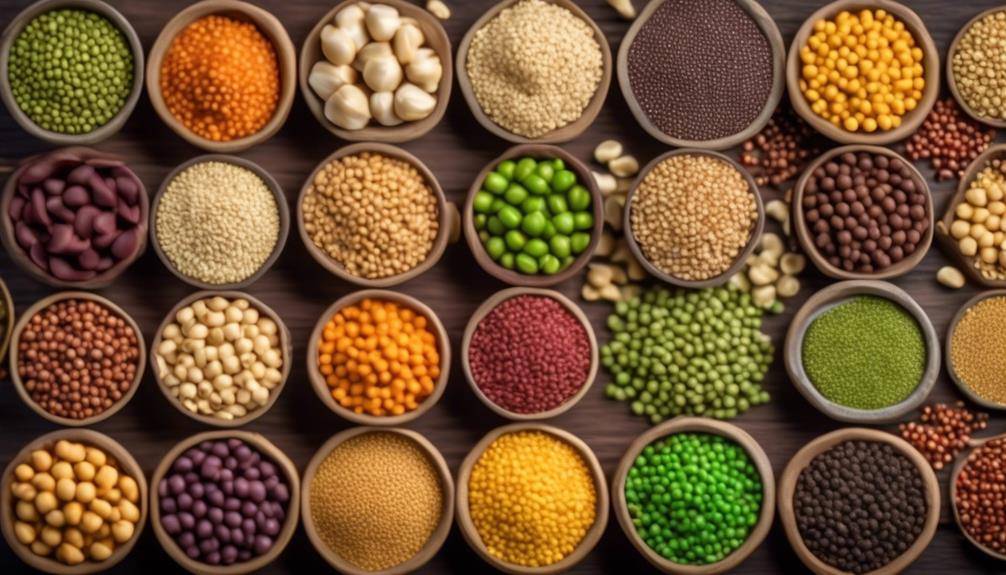
Protein Sources in a Vegan Diet; You may have heard the saying that “you are what you eat,” and when it comes to a vegan diet, protein sources play a crucial role in maintaining a balanced and healthy lifestyle. But with the absence of animal products, where can you find sufficient protein to meet your dietary needs? Well, the answer might surprise you. There are numerous plant-based options available that not only provide ample protein but also offer a variety of flavors and textures. So, if you’re curious to discover these protein-packed gems, get ready to embark on a journey that will tantalize your taste buds and nourish your body.
Legumes
Legumes are an essential protein source in a vegan diet, providing a wide range of nutrients and contributing to overall health and well-being. Legumes, such as beans, lentils, and chickpeas, are not only versatile in their culinary uses but also pack a substantial amount of protein. Protein is essential for building and repairing tissues, supporting immune function, and maintaining healthy hair, nails, and skin.
When it comes to protein content, legumes are a powerhouse. For example, cooked black beans contain about 15 grams of protein per cup, while cooked lentils provide approximately 18 grams of protein per cup. This makes legumes an excellent choice for vegans looking to meet their daily protein needs.
Furthermore, legumes offer a variety of culinary uses that can enhance the flavor and texture of plant-based meals. From hearty soups and stews to delicious dips and spreads, legumes can be incorporated into a wide range of dishes. They can be cooked, mashed, or blended to create plant-based alternatives to meat or dairy products, such as bean burgers or hummus.
In addition to protein, legumes are rich in fiber, vitamins, and minerals. They are a great source of iron, folate, magnesium, and potassium. Fiber helps to promote fullness, regulate blood sugar levels, and support digestive health. The combination of protein, fiber, and other nutrients makes legumes a valuable component of a balanced vegan diet.
To maximize the nutritional benefits of legumes, it is advisable to soak and cook them properly, which helps reduce antinutrients and improve digestibility. Incorporating legumes into your meals can provide essential protein and contribute to a well-rounded, healthy vegan diet.
Nuts and Seeds
Nuts and seeds are excellent sources of protein in a vegan diet. They offer a wide range of nutritional benefits, including essential amino acids, healthy fats, and fiber. Additionally, nuts and seeds are incredibly versatile and can be used in various culinary applications, such as salads, smoothies, and baked goods.
Nutritional Benefits
Including a variety of nuts and seeds in your vegan diet can provide a wealth of nutritional benefits. Nuts and seeds are excellent sources of plant-based protein, which is essential for meeting your protein requirements on a vegan diet. They are also rich in healthy fats, fiber, vitamins, minerals, and antioxidants. These nutrients offer numerous health benefits, such as reducing the risk of heart disease, improving brain function, supporting a healthy weight, and promoting overall well-being.
Additionally, nuts and seeds contain phytochemicals, such as phytosterols and polyphenols, which have been associated with a lower risk of chronic diseases, including certain types of cancer. However, it’s important to be mindful of portion sizes, as nuts and seeds are calorie-dense and consuming them in excess may lead to weight gain. As part of a balanced vegan diet, incorporating nuts and seeds can contribute to optimal health and nutritional status.
Culinary Versatility
When it comes to incorporating a variety of nuts and seeds into your vegan diet, you’ll be pleased to discover their culinary versatility goes far beyond simply adding them as toppings or snacks. Nuts and seeds can be used in a multitude of ways, adding texture, flavor, and nutritional benefits to your dishes. Here are some culinary techniques and recipe ideas to make the most out of these plant-based protein sources:
- Nut butters: Blend nuts like almonds, cashews, or peanuts into creamy spreads that can be used as a base for sauces, dressings, or desserts.
- Seed crusts: Crushed seeds can be used as a coating for tofu, tempeh, or vegetables, adding a crunchy texture and a burst of flavor.
- Nut-based cheeses: By soaking and blending nuts with seasonings and probiotics, you can create a creamy, dairy-free alternative to cheese.
- Seed-based desserts: Ground seeds can be used as a flour substitute in baking, allowing you to create delicious and nutritious treats like cookies, cakes, and energy balls.
Experimenting with these culinary techniques and recipe ideas will not only enhance the taste and texture of your meals but also provide you with a wide range of nutrients and flavors in your vegan diet.
Quinoa
Quinoa, a versatile and nutrient-rich grain, is a valuable protein source that can be incorporated into a vegan diet. Not only does quinoa provide all nine essential amino acids, making it a complete protein, but it is also high in fiber, iron, and magnesium. With its mild nutty flavor and fluffy texture, quinoa can be used in a variety of culinary ways to add a nutritious boost to your meals.
One of the most common culinary uses for quinoa is as a substitute for rice or couscous. Whether you’re making a stir-fry or a salad, cooked quinoa can be a great replacement for these grains. To cook quinoa, simply rinse it under cold water to remove any bitterness, then combine one part quinoa with two parts water or vegetable broth in a saucepan. Bring it to a boil, then reduce the heat and let it simmer for about 15-20 minutes, or until the liquid is absorbed and the quinoa is tender.
Quinoa can also be used to make veggie burgers or meatballs, providing a protein-packed alternative to traditional meat-based options. By combining cooked quinoa with mashed beans, vegetables, and spices, you can create flavorful and satisfying plant-based patties. You can also use quinoa flour as a gluten-free substitute in baking recipes, such as pancakes or muffins.
Incorporating quinoa into your vegan diet is not only easy but also beneficial for your overall health. Its versatility and nutrient profile make it a great addition to any meal. So, why not give quinoa a try and explore the endless possibilities it offers in your plant-based cooking?
Tofu and Tempeh
Tofu and tempeh are two plant-based protein sources that offer various nutritional benefits. Tofu, made from soybeans, is not only rich in protein but also a good source of calcium and iron. It is known for its versatility, as it can be used in a wide range of dishes, from stir-fries to smoothies. On the other hand, tempeh, which is made from fermented soybeans, is packed with protein, fiber, and probiotics, making it beneficial for digestion and gut health. Its nutty flavor and firm texture make it a great addition to sandwiches, salads, and stir-fries.
Nutritional Benefits of Tofu
One of the key protein sources in a vegan diet known for its numerous nutritional benefits is tofu, a versatile and plant-based food commonly used in various cuisines around the world. Tofu is made from soybeans and has become a popular alternative to meat due to its high protein content and low saturated fat levels. Here are some nutritional benefits of tofu:
- High in protein: Tofu is an excellent source of plant-based protein, making it a great choice for vegans and vegetarians.
- Rich in essential amino acids: Tofu contains all nine essential amino acids that our bodies need for optimal health.
- Low in calories: Tofu is a low-calorie food, making it beneficial for weight management.
- Source of minerals: Tofu is a good source of calcium, iron, and magnesium, which are essential for bone health and overall well-being.
Incorporating tofu into your diet can provide you with a wide range of nutritional benefits, making it a valuable addition to any vegan meal plan.
Versatility of Tempeh
As we continue exploring protein sources in a vegan diet, let’s now shift our focus to the versatility of tempeh, a plant-based food with its own unique nutritional benefits. Tempeh is made from fermented soybeans and has a dense and chewy texture, making it a popular substitute for meat in vegan recipes. One of the advantages of tempeh is its ability to absorb flavors, making it a versatile ingredient in various dishes. It can be marinated, grilled, sautéed, or added to stir-fries, salads, and sandwiches.
The fermentation process of tempeh not only enhances its taste but also increases its digestibility and nutrient absorption. Some popular tempeh recipes include tempeh tacos, tempeh bacon, and tempeh stir-fry. Incorporating tempeh into your vegan diet can provide you with a good source of protein and essential amino acids.
Edamame
Edamame, a popular plant-based protein source, offers a nutritious and versatile option for those following a vegan diet. These young soybeans are packed with essential nutrients and can be incorporated into a variety of dishes. Here are some key points about edamame’s culinary uses and nutritional value:
- Culinary Uses:
- Edamame is commonly boiled or steamed and served as a snack or appetizer. Simply sprinkle some salt over the pods and enjoy them by popping the beans out of their shells.
- Edamame can also be added to salads, stir-fries, soups, and grain bowls to boost their protein content and add a vibrant green color.
- You can puree edamame to create a creamy dip or spread, similar to hummus. It can be seasoned with herbs, spices, or lemon juice to enhance the flavor.
- Edamame can be used as a substitute for traditional beans in recipes like hummus, falafel, and veggie burgers, providing a unique twist to these dishes.
- Nutritional Value:
- Edamame is rich in plant-based protein, containing around 17 grams per cup. Protein is essential for building and repairing tissues and plays a crucial role in various bodily functions.
- It is a good source of dietary fiber, which aids digestion, promotes satiety, and helps maintain a healthy weight.
- Edamame is also packed with vitamins and minerals such as folate, vitamin K, manganese, and iron. These nutrients contribute to healthy blood cells, bone health, and energy production.
- Additionally, edamame contains antioxidants like isoflavones, which have been linked to various health benefits, including reduced inflammation and improved heart health.
Incorporating edamame into your vegan diet can provide you with a nutritious protein source and add a delicious twist to your meals. Its versatility in culinary uses makes it an excellent choice for those seeking variety and balance in their plant-based eating.
Hemp Seeds
Hemp seeds are a great addition to a vegan diet due to their impressive nutritional profile. They are packed with protein, containing all nine essential amino acids, making them a complete protein source. Additionally, hemp seeds are rich in healthy fats, fiber, and various vitamins and minerals.
Nutritional Profile
Rich in essential nutrients and boasting an impressive amino acid profile, hemp seeds offer a valuable addition to a vegan diet. These tiny seeds are packed with nutritional value, making them an excellent source of plant-based protein. Here is a breakdown of the nutritional profile of hemp seeds:
- Protein content: Hemp seeds are rich in protein, containing all the essential amino acids your body needs. In fact, they have a higher protein content compared to other plant-based sources like chia seeds or flaxseeds.
- Healthy fats: Hemp seeds are an excellent source of healthy fats, including omega-3 and omega-6 fatty acids. These fats promote heart health and support brain function.
- Fiber: With a high fiber content, hemp seeds can aid in digestion and promote feelings of fullness.
- Micronutrients: Hemp seeds are also a good source of vitamins and minerals, including vitamin E, magnesium, and zinc.
Incorporating hemp seeds into your vegan diet can provide you with a wide range of essential nutrients, making it a great option for plant-based protein.
Health Benefits
Incorporating hemp seeds into your vegan diet can provide you with a wide range of essential nutrients and numerous health benefits. Hemp seeds are a rich source of plant-based protein, containing all nine essential amino acids. This makes them an excellent choice for vegans who may be at risk of protein deficiencies. Additionally, hemp seeds are packed with omega-3 and omega-6 fatty acids, which are essential for brain health and reducing inflammation in the body. These seeds also contain high levels of fiber, which can aid in digestion and promote a healthy gut.
Furthermore, hemp seeds are a good source of vitamins and minerals, including vitamin E, magnesium, and zinc. Incorporating hemp seeds into your vegan diet can help prevent nutrient deficiencies and promote overall health and well-being. However, it’s important to note that excessive consumption of hemp seeds may pose health risks, such as an elevated risk of liver damage. Therefore, moderation is key when incorporating hemp seeds into your diet.
Chia Seeds
Chia seeds are a versatile and nutrient-dense addition to a vegan diet. These tiny black seeds, derived from the plant Salvia hispanica, have been consumed for centuries due to their culinary uses and nutritional value. Here are some key points to consider about chia seeds:
- Nutritional value: Chia seeds are a powerhouse of nutrients. They are rich in fiber, protein, omega-3 fatty acids, antioxidants, and various vitamins and minerals. Just one ounce (28 grams) of chia seeds provides about 11 grams of fiber, 4 grams of protein, and 137 calories. They are also a good source of calcium, phosphorus, magnesium, and manganese.
- Omega-3 fatty acids: Chia seeds are one of the best plant-based sources of omega-3 fatty acids. These essential fats play a crucial role in brain health, reducing inflammation, and supporting heart health. Incorporating chia seeds into your diet can help meet your omega-3 needs without relying on animal products.
- Culinary uses: Chia seeds have a neutral taste and can be easily incorporated into various dishes. They can be sprinkled over cereals, yogurt, smoothies, or salads for added texture and nutrients. Chia seeds can also be used as a vegan egg substitute in baking recipes or made into a gel-like substance by mixing with water, which can be used as a thickening agent in recipes.
- Digestive health: The high fiber content of chia seeds promotes healthy digestion and helps regulate bowel movements. The seeds absorb liquid and form a gel-like substance in the stomach, which can aid in keeping you feeling fuller for longer and potentially assist with weight management.
Incorporating chia seeds into your vegan diet can provide numerous health benefits. They are a convenient and versatile ingredient that can enhance the nutritional value of your meals while also adding a delightful crunch and texture.
Spirulina
Spirulina, a nutrient-dense blue-green algae, is a valuable addition to a vegan diet due to its exceptional nutritional profile. This superfood is packed with protein, vitamins, minerals, and antioxidants. Spirulina is known for its high protein content, containing all essential amino acids. Just one tablespoon of spirulina provides about 4 grams of protein, making it an excellent plant-based protein source.
Culinary uses of spirulina are diverse. It is available in powder and tablet form, making it convenient to incorporate into various recipes. You can blend it into smoothies, sprinkle it over salads, or mix it into energy balls. Spirulina also adds a vibrant green color to dishes, making it popular in smoothie bowls and desserts.
While spirulina offers numerous health benefits, it is important to be aware of potential side effects. Some individuals may experience digestive issues, such as diarrhea, nausea, or stomach cramps, when first introducing spirulina into their diet. It is recommended to start with a small amount and gradually increase the dosage to allow your body to adapt. Additionally, people with certain health conditions, like phenylketonuria or autoimmune disorders, should consult with a healthcare professional before consuming spirulina.
Seitan
If you’re looking to diversify your protein sources in a vegan diet, one option to consider is seitan. Made from wheat gluten, seitan is often called “wheat meat” due to its meat-like texture and appearance. It is a versatile ingredient that can be used in a variety of seitan recipes to add a substantial amount of protein to your meals.
Seitan is not only a good source of protein, but it also offers other nutritional benefits. Here are some key points to keep in mind about seitan:
- Protein powerhouse: Seitan is packed with protein, providing about 25 grams of protein per 100 grams. This makes it an excellent choice for vegans and vegetarians who want to meet their protein needs.
- Low in fat: Seitan is naturally low in fat and cholesterol-free, making it a healthier alternative to animal-based protein sources.
- Iron-rich: Seitan contains iron, an essential mineral that helps transport oxygen throughout the body. Incorporating seitan into your diet can help ensure you meet your daily iron requirements.
- Versatile and delicious: Seitan can be used in a variety of recipes, from stir-fries to sandwiches and stews. It absorbs flavors well and can be seasoned to create a wide range of delicious dishes.
To incorporate seitan into your vegan diet, try experimenting with different seitan recipes. You can make homemade seitan by mixing vital wheat gluten with water and seasonings, then simmering or baking it. Alternatively, you can find pre-made seitan at many grocery stores or online.
Plant-Based Protein Powders
Plant-based protein powders are a popular supplement for vegans and vegetarians looking to increase their protein intake. These powders are derived from various plant sources such as peas, rice, hemp, and soy. They are highly concentrated sources of protein and can be easily incorporated into a vegan diet.
One of the main advantages of plant-based protein powders is their versatility in culinary applications. They can be added to smoothies, baked goods, or used as a base for protein shakes. This makes it convenient for individuals to meet their protein requirements while enjoying a variety of flavors and textures.
When it comes to potential side effects, plant-based protein powders are generally well-tolerated by most individuals. However, some people may experience digestive issues such as bloating, gas, or stomach cramps. This is often due to the high fiber content present in these powders. To mitigate these side effects, it is recommended to start with a smaller serving size and gradually increase it over time.
It is important to note that not all plant-based protein powders are created equal. Some may contain additives or artificial sweeteners that can cause adverse reactions in certain individuals. Therefore, it is important to read the ingredient list and choose a product that aligns with your dietary preferences and needs.
Frequently Asked Questions: Protein Sources in a Vegan Diet
Can Vegan Protein Sources Provide All the Essential Amino Acids Needed for Muscle Growth and Repair?
Yes, vegan protein sources can provide all the essential amino acids necessary for muscle growth and repair. Plant-based proteins offer numerous benefits for muscle recovery, making them a great choice for building and repairing muscle.
Are There Any Potential Downsides or Side Effects of Consuming Too Much Plant-Based Protein?
Consuming too much plant-based protein can have potential health risks and impact on digestion. It is important to maintain a balanced diet and consult a healthcare professional to ensure you are meeting your nutritional needs.
Can a Vegan Diet Provide Enough Protein for Athletes or Individuals With High Protein Requirements?
A vegan diet can provide enough protein for athletes or individuals with high protein requirements. There are many vegan protein powder options available, which can help meet your needs. Plant-based protein also offers numerous benefits for overall health.
How Do the Protein Content and Quality of Legumes Compare to Other Vegan Protein Sources Like Nuts and Seeds?
Legumes, like beans and lentils, have similar protein content to nuts, seeds, grains, and soy products. However, the protein quality in legumes may be lower due to lower amounts of certain essential amino acids. Incorporating a variety of vegan protein sources is beneficial for a balanced diet.
Are There Any Specific Combinations of Vegan Protein Sources That Can Optimize Protein Absorption and Utilization in the Body?
To optimize protein absorption, you can combine specific vegan protein sources. By pairing complementary plant-based proteins, like legumes and grains or nuts and seeds, you can ensure your body gets all the essential amino acids it needs.
Conclusion
In conclusion, a vegan diet can provide ample protein through various plant-based sources. Legumes, nuts, seeds, quinoa, tofu, tempeh, edamame, chia seeds, spirulina, seitan, and plant-based protein powders all offer substantial amounts of protein. By incorporating a variety of these foods into your diet, you can easily meet your protein needs without consuming animal products. Remember to consult with a healthcare professional or registered dietitian to ensure you are meeting all your nutritional requirements on a vegan diet.



